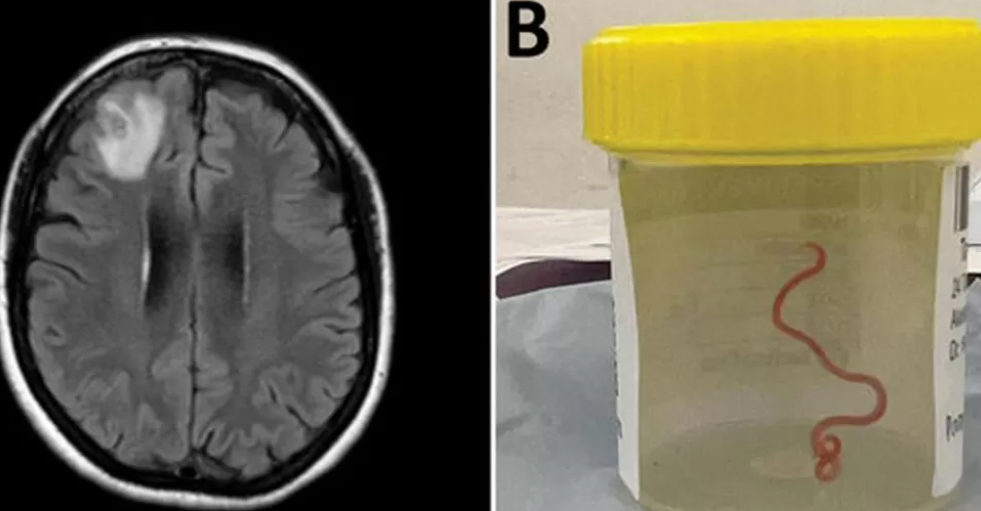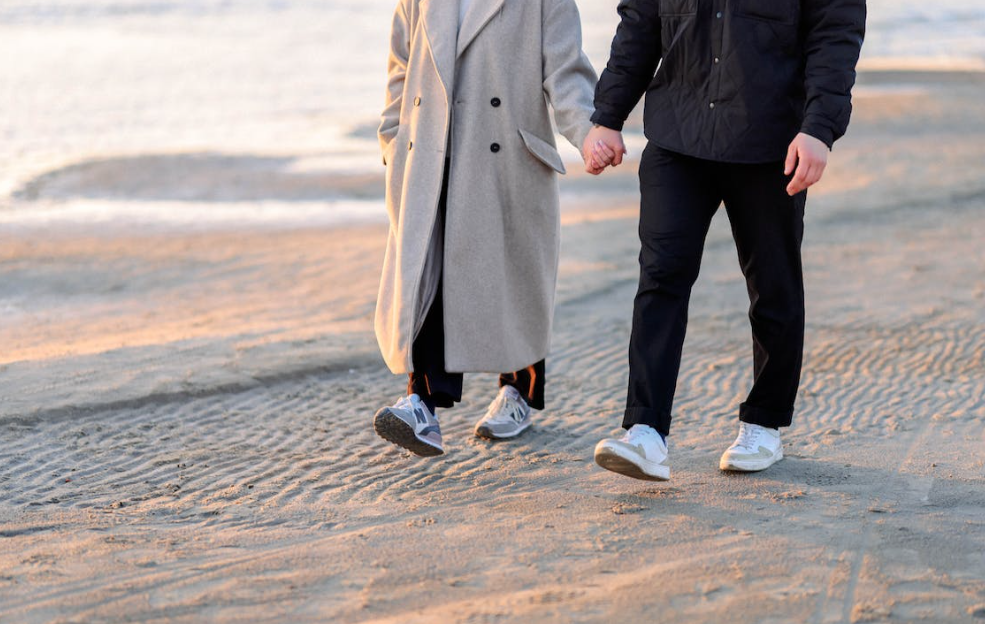This Is Why You Should Consider Dance Therapy

© Drew Colins / Unsplash
Dance therapy is a unique and effective way to improve both physical and mental well-being. It is also known as dance movement therapy and has been gaining popularity as a holistic approach to improving various aspects of health. It combines the art of dance with the science of psychology to promote healing and self-expression. But, have you ever considered using dance as a form of therapy? If not, here is why you should!
What Is Dance Therapy?
Dance/movement therapy (DMT) is a psychotherapeutic practice endorsed by the American Dance Therapy Association (ADTA), utilizing movement to enhance emotional, social, cognitive, and physical integration for overall health improvement. Originating in the 1940s, DMT pioneers recognized the therapeutic potential of dance and movement. It is founded on the belief that mind, body, and spirit are interconnected, with changes in one area influencing the others. DMT’s embodied, movement-centric nature makes it challenging to fully grasp without active participation.
Types of Dance Therapy
There are three main types of dance therapy, which include:
1. Synchronized
Synchronized dancing fosters feelings of closeness and friendship among participants and increases pain tolerance. In a study, dancing with others released endorphins, enhancing bonding and closeness. Participants who moved energetically and synchronized with others experienced stronger bonds and had a higher pain threshold.
2. Choreographed
A study compared the effects of walking, stretching, and dancing on the brains of older adults and found that dancing had the most significant positive impact. Participants in their 60s and 70s were assigned to one of three groups: walking, stretching/balance training, or country dancing. After six months of regular sessions, only the country dancers showed improvements, with denser white matter in the memory-processing brain region. This suggests that dancing may protect the brain from age-related decline, making it not only beneficial for physical health but also for cognitive function and social engagement.

3. Free-form
One particular UCLA Health study found that conscious, free-flowing dance yielded positive mental health outcomes for participants, based on a survey of 1,000 dancers with depression, anxiety, or trauma histories. Nearly all participants reported improved mood (98%), with many experiencing increased confidence and compassion. Lead researcher Prabha Siddarth noted that participants often felt “in the flow” or “in the zone” during the self-led dance practice.
How Does Dance Therapy Affect Your Health?
Dancing offers numerous mental and physical health benefits. Mentally, it keeps the mind sharp, improves self-esteem, enhances social skills, increases endorphins, and boosts mood while reducing feelings of loneliness, anxiety, and depression. It also decreases rumination, aids memory, and may even prevent dementia. Physically, dancing improves muscle tone and strength, raises heart rate, enhances lung function and circulation, lowers the risk of cardiovascular disease, and boosts aerobic fitness. It also improves posture, strengthens bones, aids in weight management, increases flexibility, and enhances coordination, agility, and endurance.
How to Start With Dance Therapy
To start dancing for mental health benefits, try these strategies:
- Give Video Games a Go. Engage in dance-themed video games like Just Dance, Beat Saber, or Dance Dance Revolution for a fun and interactive experience.
- Go to Dance Classes. Explore classes at local studios, community centers, gyms, universities, or online platforms.
- Be Your Own Partner. Turn on upbeat music and dance around your home, even while doing chores.
- Go Dancing With Friends. Enjoy a night out dancing with friends at local venues to combine physical activity with socializing and support.

Will you be giving dance therapy a try?
You might also want to read: Brain Health Habits to Improve Mental Health


